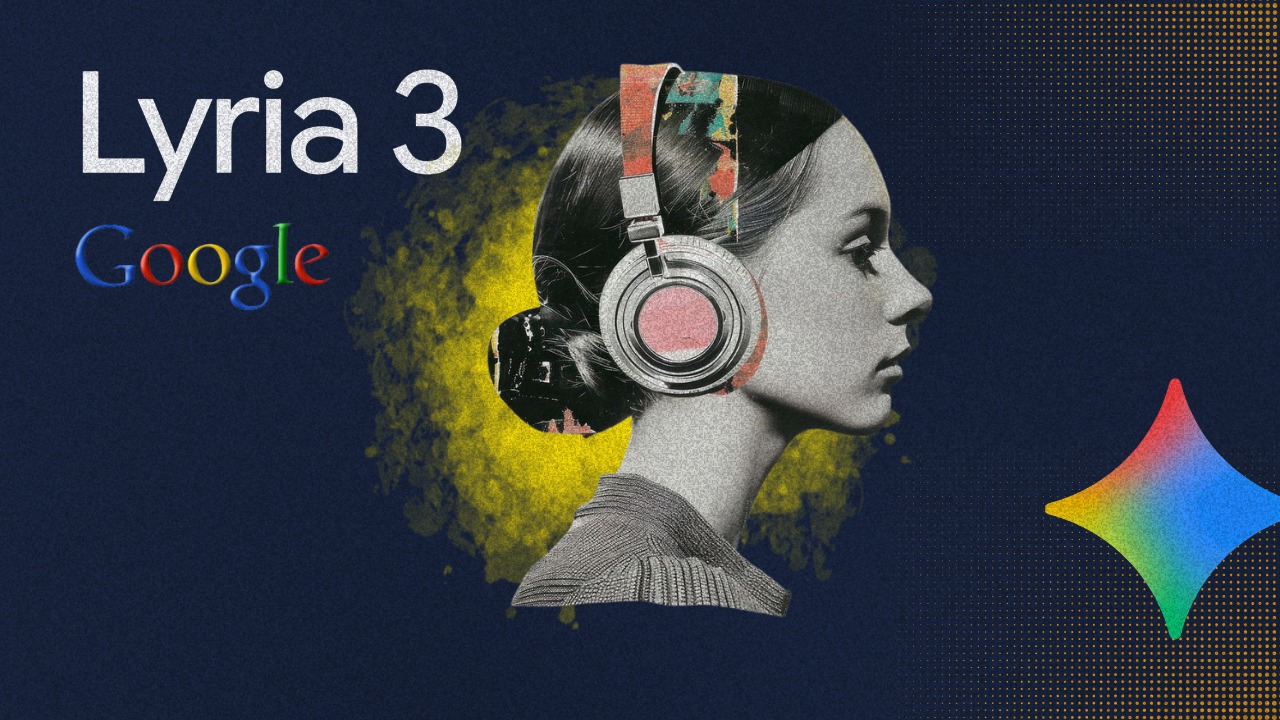
Welcome, Humans!
Ready for your daily dose of AI chaos? I’ve rounded up Today’s Top AI Headlines for those who like to stay ahead – and for the curious, I’ve got some eyebrow-raising stories Beyond the Headlines. Let’s dive in.
In a Nutshell:
Meta glasses get mind-reading gestures, flop on stage
GPT-5 crushes coding contest, humans cry
DeepSeek reveals shockingly cheap LLM training
AI forecasts 1,000 diseases decades early
Grok 5 triggers AGI panic/hype cycle
🚀Today’s Top AI Headlines:

Meta Unveils Glasses With Neural Band Control: Meta has officially introduced its Ray-Ban Meta Gen 2 smart glasses, marking a significant step forward in its vision for wearable AI. Designed to merge lifestyle, productivity, and futuristic computing, the glasses come packed with features that signal how Meta wants to position itself in the next generation of personal technology. Among the most notable upgrades are 3K resolution video recording, a nine-hour battery life, and real-time voice translation, capabilities that push the device beyond a novelty gadget and closer to being a practical tool for everyday use. The launch wasn’t limited to just the Ray-Ban line. Meta also revealed the Oakley Meta Vanguard, a performance-oriented model designed with athletes in mind. This variant integrates with Garmin’s health ecosystem, offering fitness tracking and performance analytics to appeal to sports enthusiasts. By broadening the product line, Meta aims to capture both mainstream users and niche markets like fitness and professional athletes, reinforcing its ambition to own multiple segments of the wearable space.
The most futuristic element of the unveiling, however, was the Neural Band, a wrist-based controller that reads neuromuscular signals before a person even completes a physical movement. This enables gesture-based input without requiring touchscreens or voice commands. The concept moves computing toward what Meta calls “mind-first” interaction, where devices anticipate intent almost instantly. If perfected, this technology could represent a dramatic leap in human-computer interaction, effectively blurring the line between thought and action. But ambition met reality during the live demo. When showcased on stage, the glasses failed to deliver as expected. Instead of wowing the audience with seamless performance, the demo stumbled, drawing awkward laughter, online criticism, and skepticism about whether Meta is truly ready to ship such advanced technology. Some applauded Meta’s willingness to attempt a live demonstration, arguably riskier but more authentic than a pre-recorded presentation, but the technical failure overshadowed what was meant to be a bold reveal. Despite the hiccup, analysts believe the combination of Ray-Ban design, advanced optics, live translation, and Neural Band control demonstrates a glimpse into the near future of personal computing. If Meta can refine execution and deliver stable, reliable hardware, the product could serve as a gateway for mainstream AR adoption. With AI assistants becoming more ubiquitous, wearables like these could evolve into everyday companions, quietly merging entertainment, communication, and productivity into a pair of glasses. For now, the potential is undeniable, even if the road to mass-market acceptance remains steep.
Source: Meta🤖 Robi: “Finally, tech that lets you look cool while thinking about sending emails.”
GPT-5 Dominates Elite Coding Contest: In a groundbreaking moment, AI models outperformed humans at the ICPC World Finals, one of the most prestigious and demanding competitive programming contests. OpenAI’s GPT-5 Codex stunned participants by achieving a perfect 12/12 score, something no human team has ever managed in the competition’s history. Google’s Gemini 2.5 Deep Think followed closely with 10 solved problems, securing second place overall. The ICPC Finals brought together 139 universities from over 100 countries, representing the world’s best student programmers. While top human teams often solve around 8–10 problems under extreme time constraints, GPT-5 outpaced them by cracking 11 problems on its first attempt and solving the hardest challenge on the ninth. Observers say this milestone could redefine software engineering education and recruitment. While AI models excel at logic-heavy, structured tasks like contest coding, they also raise questions about the role of human programmers. Experts predict a future where AI handles bulk coding and debugging, while humans focus on creativity, problem framing, and system design.
Source: X🤖 Robi: “I used to fear losing my job to a genius. Now it’s to a spreadsheet.”
DeepSeek’s $294K Breakthrough in LLM Training: Chinese AI startup DeepSeek has shaken the industry with a Nature-published paper revealing the cost efficiency of its R1 model training. According to the study, the model was trained using reinforcement learning for just $294,000, a fraction of the multimillion-dollar budgets typically required by competitors like OpenAI, Anthropic, or Google. This peer-reviewed disclosure is rare in the LLM race, where companies usually keep costs secret. DeepSeek attributes the savings to algorithmic optimizations, hardware efficiency, and distributed training strategies. Despite the low budget, the R1 demonstrated strong performance on benchmarks, further validating its methods. Industry analysts note this could democratize frontier AI development, making it accessible to smaller startups and research labs rather than just Big Tech. The publication also cements DeepSeek’s reputation as one of the first Chinese firms to achieve global recognition in top-tier scientific journals.
Source: Investing
🤖 Robi: “Turns out “spending less” is also an innovation strategy. Who knew?”
🔍Beyond the Headlines:
AI Forecasts 1,000+ Diseases Years in Advance: Researchers have introduced Delphi-2M, a predictive health AI trained on 400,000 UK patient records. The model can forecast the risk of developing over 1,000 medical conditions up to 20 years in advance, including heart disease, diabetes, and neurological disorders. Unlike traditional diagnostics, Delphi-2M uses long-term patient history to identify subtle risk factors that might otherwise go unnoticed. Doctors say it could transform preventive healthcare by enabling early interventions years before symptoms arise. Still, privacy advocates warn that predictive medical AI must be carefully regulated to protect sensitive health data.
Source: BBC🤖 Robi: “Great, now even my doctor’s AI will know I ate that donut.”
Musk Claims Grok 5 May Achieve AGI: Elon Musk has ignited fresh debate by declaring that xAI’s Grok 5 may actually achieve artificial general intelligence (AGI), a claim he previously dismissed as unlikely. Posting on X, Musk said Grok 4 had already surpassed AGI benchmarks on the ARC leaderboard, leaving competitors scrambling. His bold proclamation sent hype levels soaring, with supporters calling it visionary and critics branding it premature showmanship. Grok 5’s rumored advances have sparked comparisons to science fiction, raising both excitement and skepticism about whether AGI is near, or if this is another Musk-style mic drop designed to dominate headlines.
🤖Robi: “AGI might be near, or Musk just watched Her again.”
Source: X
🤖Prompt of the Day:
Succession Planning Framework
Prompt: You are an HR strategist specializing in leadership continuity. Your task is to design a succession planning framework for a [business type or niche] with [team size] employees.
Your framework should include: (1) identification of critical roles, (2) competency and skills mapping, (3) talent pipeline and readiness assessment, (4) leadership development programs, (5) emergency and long-term succession plans, and (6) KPIs such as succession coverage, leadership readiness score, and retention of high-potential talent.
🤖AI Tools You Didn’t Know You Needed:
Problem: Traditional design processes are slow, expensive, and often lack innovation.
AI Solution: AI-powered design studios deliver professional-grade creative work with faster turnaround and reduced costs.
AI Tool: OsoDesign is an AI-enhanced design studio that combines experienced designers with AI acceleration to produce exceptional results efficiently.
Helpful Features
Rapid Turnaround: Receive designs in approximately 48 hours.
AI Integration: Accelerate workflows with AI assistance.
Comprehensive Services: Branding, landing pages, pitch decks, and more.
Client Portal: Manage requests and feedback seamlessly.

⚡ Robi’s Hot Take on X






